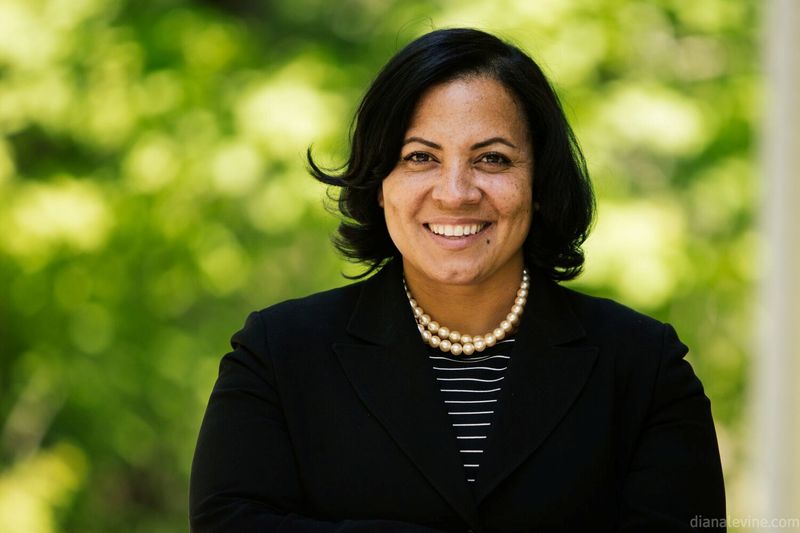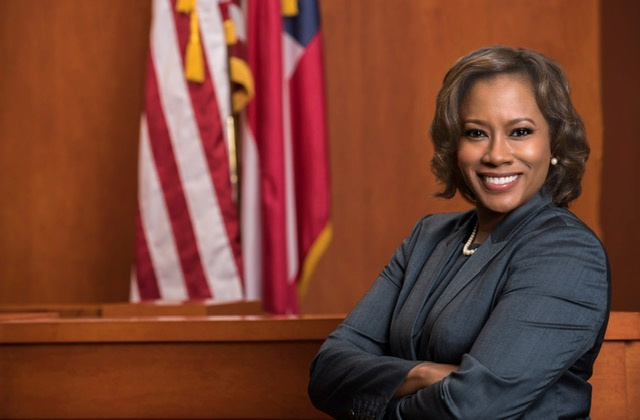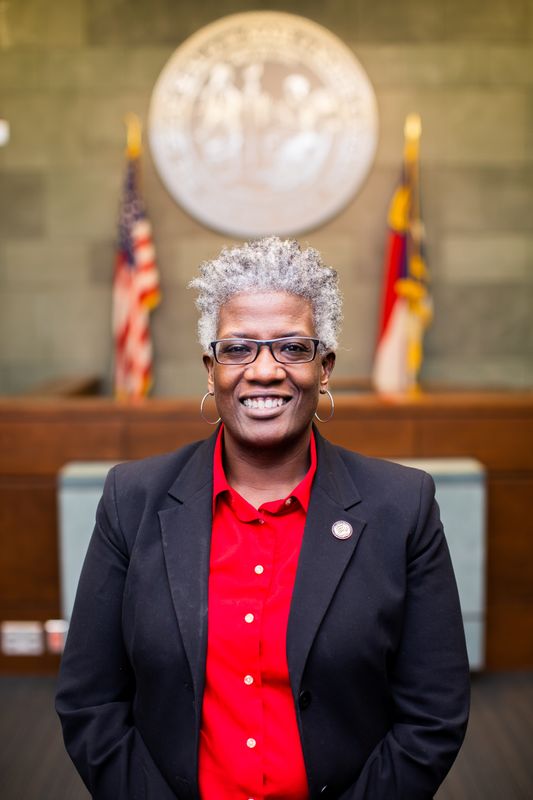WASHINGTON/BOSTON (Reuters) – Three Black female local prosecutors aligned with a movement to end racial disparities in the U.S. criminal justice system are seen as contenders for top federal prosecutor posts, sources said, a potential sign of how President Joe Biden aims to reform the Justice Department.
Rachael Rollins in Boston, Sherry Boston in Atlanta and Satana Deberry in Durham, North Carolina have been approached by congressional Democrats or members of Biden’s transition team about potentially leading some of the department’s 93 U.S. Attorney’s Offices, sources familiar with the matter said.
They are part of a growing national movement of “progressive prosecutors” who support efforts to eliminate racial disparities by rejecting the traditional “tough on crime” culture that has led to the disproportionate incarceration of Black men.
The movement has gained momentum since nationwide protests followed the May killing of George Floyd by Minneapolis police.
“It’s definitely on reformers’ minds that it would be good to get U.S. Attorneys who are like the progressive prosecutors who have emerged in big cities across the country,” said Jeffrey Bellin, a professor at William & Mary Law School.
In Massachusetts, Rollins and at least two other women are on a short list following a review set up by Democratic Senators Elizabeth Warren and Edward Markey, said a person familiar with the vetting process.
In Georgia, Boston was approached by congressional officials and is expected to apply, two other sources said. The Georgia search is not as far along because its two Democratic senators were only sworn in on Jan. 20 after winning run-off elections.
In North Carolina, which has two Republican senators, the status of the vetting process was unclear. Traditionally, when both senators from a state belong to the opposing party of the president, the most senior Congressional Democrat weighs in.
Democratic Representative G.K. Butterfield of North Carolina confirmed in a statement he spoke with Deberry a few months ago “about the administration of justice at the state and federal levels,” but said he has not yet recommended any candidate for U.S. Attorney for the Middle District of North Carolina.
A spokesman for Republican Senator Thom Tillis said he and Senator Richard Burr will work with the White House to find mutually acceptable nominees.
Biden will ultimately decide who to nominate for U.S. Senate confirmation to each role. A White House spokesman declined comment.
BREAK WITH PRECEDENT
Choosing any of the three women would add racial diversity to the Justice Department’s top ranks and mark a departure from the usual types of candidates for these jobs, which are often offered internally or to attorneys in high-powered law firms with prior department experience.
Merrick Garland, Biden’s nominee to run the department as attorney general, told the Senate last month he believed the criminal justice system does not treat Americans of all races equally.
“Sadly, and it’s plain to me…that it does not,” Garland said during his confirmation hearing.
Rollins, Boston, and Deberry are among more than a dozen progressive prosecutors who signed letters endorsing Garland’s nomination, as well as that of Lisa Monaco, Biden’s pick as the Justice Department’s No. 2 official.
Rollins, who was elected to her role in 2018, has said she would welcome being named a U.S. Attorney.
Her viability has been questioned, following an alleged road rage incident in December. She was later cleared of wrongdoing. She declined to comment.
In an interview, Deberry confirmed she had been asked about the job, but said she did not know where things stood.
“I am a little Black girl from Hamlet,” she told Reuters. “It would be one of the great honors of my life.”
Boston declined to say if she was a contender.
But she said having the Justice Department “publicly support the idea of instilling that community trust back though initiatives that aren’t necessarily always this law and order dynamic” would be “a marriage made in heaven.”
(Reporting by Sarah N. Lynch and Nate Raymond; Editing by Scott Malone and David Gregorio)

























